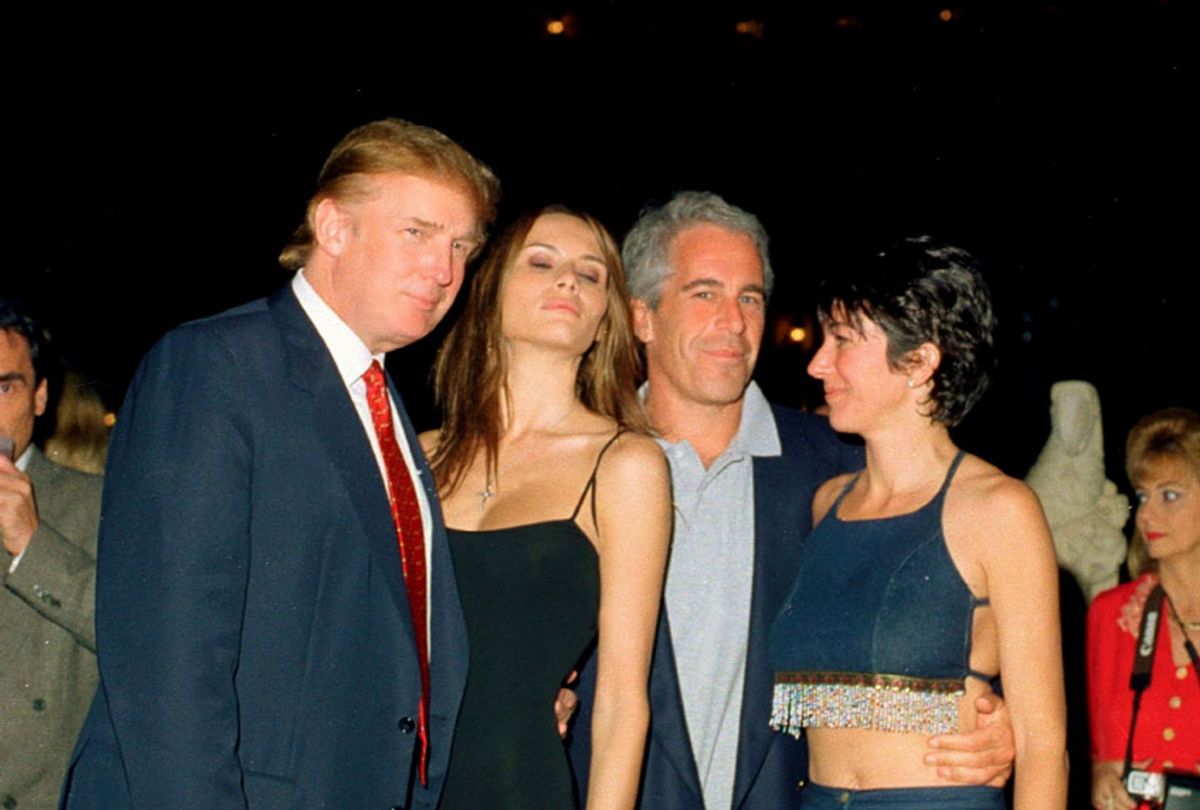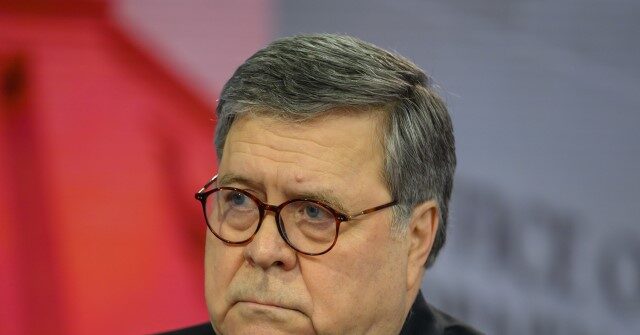At the center of the controversy is an interview he gave to reporters from Politico and French daily newspaper Les Echos during the visit while aboard COTAM Unité, France’s version of Air Force One, where he sounded a set of talking points that would have likely pleased Beijing. In a reference to concerns about China’s plans for Taiwan, Macron warned that Europe should not get “caught up in crises that are not ours.” He also said that he hoped the continent could build up its “autonomy” instead of becoming a “vassal” in the service of a bigger power’s agenda.
“The question Europeans need to answer … is it in our interest to accelerate [a crisis] on Taiwan? No,” he said. “The worse thing would be to think that we Europeans must become followers on this topic and take our cue from the U.S. agenda and a Chinese overreaction.”
“China has endorsed Macron’s vision for ‘strategic autonomy,’ seeing the concept as a cudgel that can be wielded to divide Europe and the United States,” noted my colleague Emily Rauhala. “The fact that Macron’s remarks jibe closely with Beijing’s line would have raised eyebrows among allies under any circumstances, but the timing was particularly sensitive.”
That’s because around the time Macron was in the air, so too were Chinese fighter jets around Taiwan, as China has waged its latest round of saber-rattling over the island democracy in response to a California meeting last week between Taiwan’s president and the U.S. House Speaker. In Europe, analysts and commentators argued that Macron effectively played into China’s hands and allowed himself to become a wedge between the United States and Europe. It also reinforced the divisions within the continent on how to approach major illiberal powers like China.
“The optics of this are you’ve got a president who’s leaving China after a visit seen as pretty complacent, with military exercises starting [around Taiwan], and who at no moment showcases his distance with China and who criticizes the U.S.,” Antoine Bondaz, a Taiwan specialist at French think tank Foundation for Strategic Research, told the Financial Times.
The Inter-Parliamentary Alliance on China, which draws on the membership of dozens of lawmakers from around the world, primarily from Europe, issued a statement stressing “that the president’s words are severely out of step with the feeling across Europe’s legislatures and beyond.” It said Macron’s seeming indifference to Taiwan’s plight disregarded “the vital place of Taiwan in the global economy” and undermined “decades-long commitment of the international community to maintaining peace across the Taiwan Strait.”
“Does Macron really believe it is none of Europe’s business when China attempts to shape a world order solely based on Chinese interests and power?” Norbert Roettgen, a German parliament member and former head of the country’s parliamentary foreign affairs committee, asked on Twitter. “Macron has managed to turn his China trip into a PR coup for Xi and a foreign policy disaster for Europe.”
Marcin Przydacz, a foreign policy adviser to Polish President Andrzej Duda, voiced the emerging view in Central and Eastern Europe, one which has become all the more clear since Russia’s invasion of Ukraine last year. “We believe that more America is needed in Europe,” he told Polish broadcaster Radio Zet, according to Reuters. “Today the United States is more of a guarantee of safety in Europe than France.”
Macron’s trip was supposed to underline a spirit of European unity, since he was accompanied for parts of his stay in China by European Commission President Ursula von der Leyen. Instead, the focus in their visit’s wake is on the apparent differences articulated by the two, with von der Leyen putting forward a less chummy, more clear-eyed position on the perceived threat China poses to Europe.
“Frustration with France has been building in European capitals, particularly in Eastern Europe where [Macron’s] overtures to Putin in the buildup to the war went down poorly,” Noah Barkin, a senior adviser at research firm Rhodium Group, told me. “He now appears to be making the same mistake with [Chinese President] Xi Jinping, coupled with a message that Europe needs to distance itself from the U.S.”
The open anger toward Macron, Barkin suggested, could drive E.U. policy toward a more hawkish position. “We could see wavering E.U. members rally behind [von der Leyen’s] economic security agenda, in part to send a message that Macron does not speak for Europe,” he said.
In the United States, various Republican lawmakers slammed Macron for his “betrayal” of Taiwan and cast his stance as more evidence of European fecklessness. “Macron wants the U.S. to ride to Europe’s rescue against Russian aggression, but apparently take a vow of neutrality against Chinese aggression in the Pacific,” Sen. John Cornyn (R-Tex.) tweeted Monday.
French diplomats, in damage control mode, stressed to reporters that Macron’s comments had been misconstrued. They pointed to the full transcript, published by Les Echos, which shows the French president fleshing out a more nuanced and complex point of view than the one portrayed by an isolated smattering of quotes. They also insisted that France did not seek “equidistance” between China and the United States, which is a firm, long-standing French ally.
In a tweet thread, Pascal Confavreux, the chief spokesperson for the French Embassy in Washington, said the French position on Taiwan had not changed. “What the Pres is saying: if we cannot end the conflict in #Ukraine, what credibility will we have on Taiwan?” Confavreux tweeted. He said Paris seeks to engage China for peace and stability in Ukraine, and that “the Taiwan issue obviously came up” in talks with Xi.
Critics may argue that Europe’s inability to end the conflict in Ukraine on its own only highlights the extent to which it is a junior partner to the United States, but Confavreux argued that “building #European sovereignty is good news for the #US” and Macron “has always been very coherent on all the issues at stake,” including a desire to refuse “the logic of bloc vs bloc.”
Benjamin Haddad, a lawmaker in Macron’s camp in the French Parliament, pointed to the double standards at work in the United States, which, despite Washington’s bipartisan anti-China consensus, reached an all-time high in bilateral trade last year with China. The Biden administration has also maintained elements of the previous Trump administration’s tariffs on Europe and ratcheted up transatlantic economic tensions with its mammoth, subsidy-laden Inflation Reduction Act.
“The best way for Europeans to confront China is to bolster their sovereignty and reduce industrial and technological dependencies on China. That’s what Macron is advocating,” Haddad tweeted. “It’s an understatement that the U.S. is not helping this agenda with protectionist measures such as IRA.”
The White House, for its part, sought to play down any question of divisions between the two long-standing allies over policy in Asia. “We’re focused on the terrific collaboration and coordination that we have with France as an ally and a friend,” said National Security Council spokesperson John Kirby, pointing to how “the French are stepping up in the Indo-Pacific.”


















